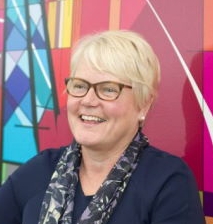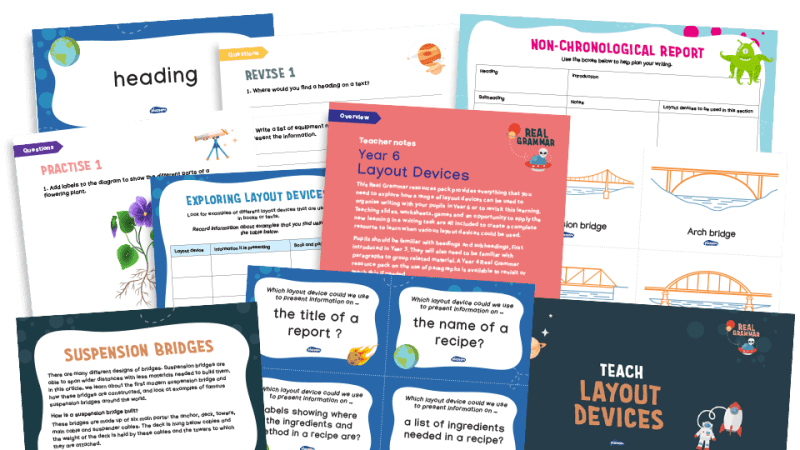Closing the reading gap – Let’s get to the root of children’s reading difficulties

Concerns over ‘lockdown illiteracy’ serve to conceal systemic issues with reading in schools that stretch back decades, says Katy Parkinson

The Prime Minister’s recent admission that we’re on the cusp of an ‘illiteracy surge’ came as no shock to me.
Throughout this pandemic year, I’ve discussed with the staff here at Lexonik, as well as various schools and colleagues across the country, my fervent belief that gaps in reading and vocabulary skills for disadvantaged children heading into Y7 will be worse than ever. And that’s not even the worst of it.
The greatest tragedy is that many of us who have spent years at the coalface of education and literacy attainment have long recognised that the system has needed to change – and yet nothing ever has.
We’ve been talking about these issues in some form or other for so long that it’s become a well-established ‘fact’ that children living in ‘persistent poverty’ are at a significant disadvantage when it comes to making academic progress.
Headline-grabber
What we therefore can’t do is let the government frame its action on literacy now as some kind of ‘COVID catch-up’ effort. To do so would amount to a shameful dismissal of a problem with roots stretching back decades.
Having been a teacher for 25 years, I created Lexonik out of frustration at how literacy and vocabulary cognition was understood at the time. Back then, I couldn’t see why it had taken so long to recognise that children needed help in learning the methodology behind literacy, and seeing it as a skill.
This latest headline-grabber comes across to me as little more than rhetoric. Real, sustainable improvement would involve changing our delivery and how teachers practice the art of teaching literacy.
I applaud every teacher and parent who has done such incredible work over this last year. I’ve been gratified to see how the value of online learning has become widely recognised over the course of the pandemic – but I also know, without any shadow of doubt, that children thrive with face-to-face teaching.
Literacy development demands far more than the teaching of structure via screens – it also requires exposure to the nuances of expert questioning and oral reasoning, which is best delivered when students are in the physical presence of a skilled teacher.
Serious concerns
I have serious concerns regarding the ability of Y6 pupils to adjust to the reading expectations of Y7. I simply don’t believe that they’ll be fully prepared for the secondary curriculum, due to the disruption of their literacy progress over the last 12 months.
As well as widening the gap for disadvantaged youngsters, we should acknowledge that we may well see less, or non-disadvantaged children affected as well.
In cases where two parents have been busy trying to work from home, while grappling with the time and resource challenges presented by home schooling, we can expect to see a notable lack of progression.
I remain hopeful that these issues will prompt some significant change in how literacy is taught and understood – but without meaningful action from government and support directed towards education professionals, I fear we’ll continue to have those conversations for many more years to come…
4 tips for increasing literacy attainment
- Explicitly teach reading and vocabulary skills
The language of your subject – and ensuring students understand it – is just as important as the content itself.
Diagnostic assessments will pinpoint students’ needs; these can then be taught in small group interventions or with a whole class.
Don’t practise aspects of literacy with students until they simply get them right – practise until they can’t get them wrong.
Not everyone’s an English teacher; if there are areas of literacy you don’t feel comfortable with, you should feel able to ask for training and support.
Katy Parkinson is the founder and director of the literacy education system Lexonik, and a former senior learning and language advisor; for more details, visit lexonik.co.uk or follow @LexonikST











